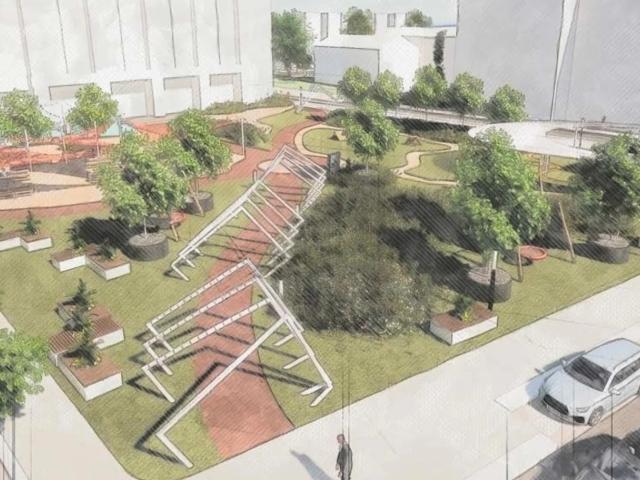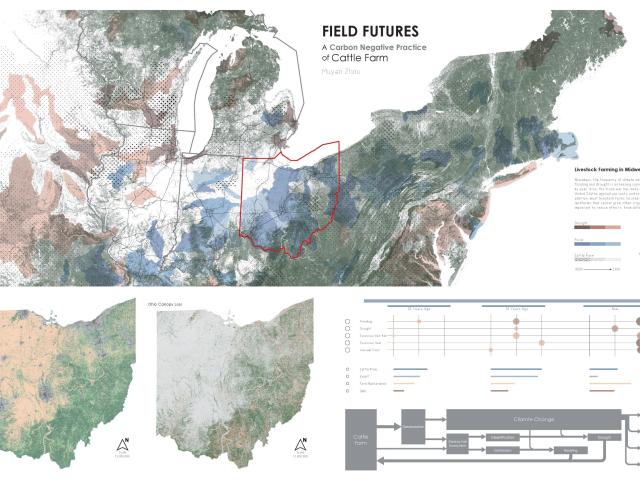Tonni Oberly Published “Applying a disaster recovery framework as a public health crisis: From theory to practice”
City and Regional Planning doctoral candidate Tonni Oberly’s “Applying a disaster recovery framework as a public health crisis: From theory to practice” was recently published in the Journal of Urban Affairs. In the article, Oberly explores definitions of disaster in the planning field and the ways that racism can be conceptualized as a slow-onset disaster. Oberly’s work for Kareem Usher's autumn 2021 class “The Socially Just City” is also currently featured on exhibition in Knowlton’s Banvard Gallery.
Amidst the intersecting crises of the COVID-19 pandemic and ongoing police brutality against Black people, jurisdictions across the United States declared racism to be a public health crisis in the summer of 2020. According to the American Public Health Association (APHA), 233 jurisdictions have published such declarations as of January 2022, with 92% of declarations being made at the city or county level. What does it mean to frame racism as a public health crisis? This paper explores and compares theoretical and practical definitions of disasters and crises from the planning field through a review of the literature. The author concludes that racism can be conceptualized as a slow-onset disaster. With the understanding that racism can be understood as a disaster, the author demonstrates the utility of leveraging a disaster recovery framework to drive a comprehensive response to address racism as a public health crisis.
Read more at the Journal of Public Affairs




